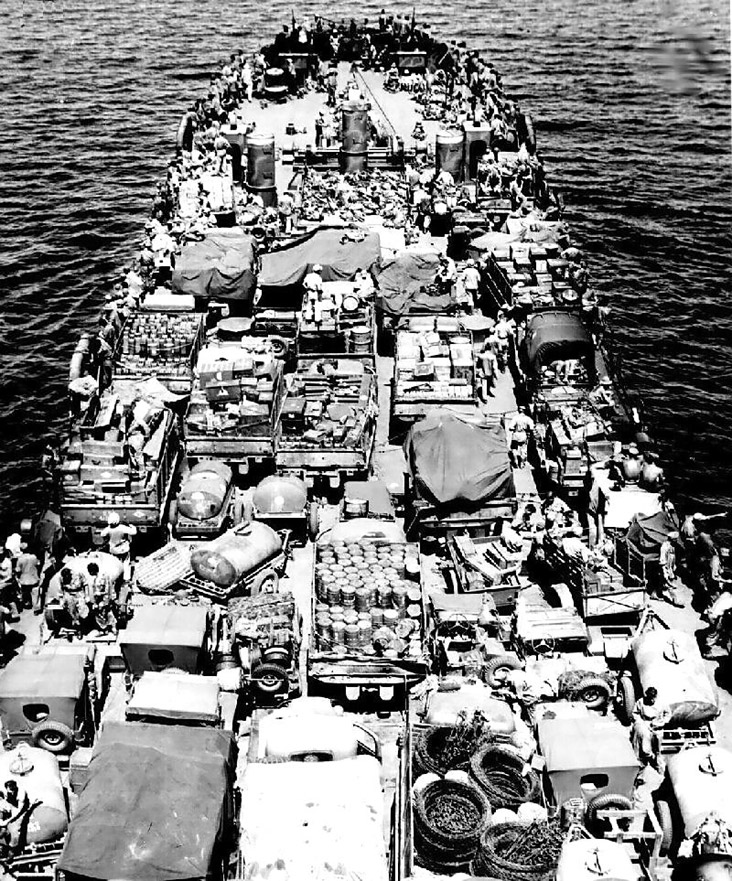Britain's Colonies in the War: No. 3 - W. Indies
The War Illustrated, Volume 7, No. 176, Page 661, March 17, 1944.
Under Democratic Constitution offered to Jamaica by the British Government in Feb. 1943, and which it was announced was accepted by the people on May 19, 1943, for the first time in history they will be able to have a decisive say in the government of their island: the new constitution comes into effect in 1944. The part played by the West Indies in the Allied war effort has been immense.
In addition to the supply of skilled men for the Armed Forces, many technicians have been sent to Britain to work in our factories; hundreds more are serving in the Merchant Navy and in their own local Merchant Marine forces. When Britain's need for timber for war purposes was most great, British Honduras sent a forestry unit, consisting of expert loggers, to help fell and prepare the trees. Trinidad, now the largest oil producing centre in the British Empire, has provided considerable quantities for the Allied use. The chief mineral which the W. Indies produce is bauxite, essential in the manufacture of aluminium.
In an effort to be self-supporting, the W. Indies are using derelict sugar plantations in an intensive cultivation of foodstuffs, most of which were imported before the war. Recently the first food yeast factory to be constructed in the world was set up in Jamaica. Sugar and fruit are the main exports, Canada and America now being the chief recipients. Another recent development is the dehydration of fruits on a considerable scale.
Previous and next article from Britain's Colonies in the War
Our Colonies in the War: No. 4 - Ascension
Thirty-four square miles Ascension Island occupies an important place in the war effort of the British Empire. Discovered by a Portuguese, Joao da Nova, in 1501, on Ascension Day, it remained uninhabi
Index
Previous article
Tight-Packed with Trouble for the Japanese
Crammed to utmost capacity with U.S. Marines, lorries, jeeps, water and water-purifying tanks, oil drums, barbed wire, rafts and food-canisters for dropping from the air, this shallow-draught, ocean
Next article
The War in the Air
The air war continues to rise to greater intensity in every theatre of war, except perhaps the Russian, where an almost steady volume of air activity appears to be maintained, particularly by the Germ




